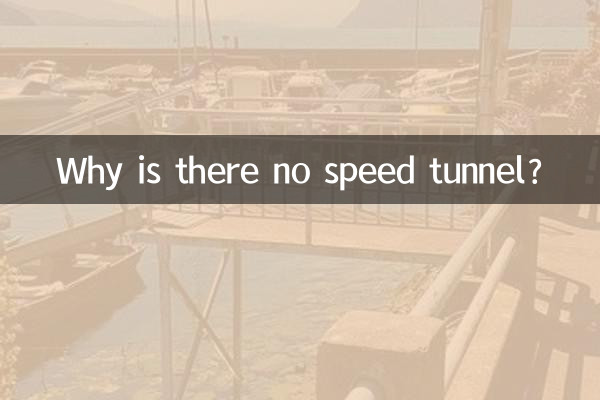Why isn't there a speed tunnel? ——Revealing the gap between technology and reality
In recent years, with the development of science and technology, people's fantasies about "super-high-speed transportation" have never stopped. From maglev trains to "Hyperloop" to concepts like "speed tunnels," it seems that humans are always pursuing faster ways to move. However, the concept of "speed tunnel" has not yet been realized and is rarely even mentioned. Why is this seemingly science-fiction technology so difficult to implement? This article will analyze this issue from multiple aspects such as technology, economy, and society, and compile hot topics in the past 10 days for reference.
1. What is a speed tunnel?

"Speed tunnel" is not a formal technical term, but more like an imagination of an ultra-high-speed underground transportation system. It may be similar to the "Hyperloop" concept proposed by Musk, which achieves ultra-high-speed transportation in vacuum tubes with speeds of more than 1,000 kilometers per hour. However, compared with hyperloop, "speed tunnel" emphasizes extreme speed underground or in a closed environment, and may even involve more cutting-edge technologies, such as anti-gravity or quantum transmission (currently only existing in science fiction works).
2. Why is it difficult to realize a high-speed tunnel?
1.Technical bottleneck: Ultra-high-speed transportation needs to solve problems such as air resistance, material strength, and energy consumption. Current magnetic levitation and vacuum pipeline technologies are still in the experimental stage and have not yet been commercialized on a large scale. 2.Cost is too high: The construction of underground tunnels is already expensive. If the development and maintenance of ultra-high-speed systems are added, the cost will increase exponentially. 3.security risk: At extreme speeds, any minor failure may lead to catastrophic consequences, and safety standards are extremely high. 4.social acceptance: Public trust in new technologies, especially underground high-speed systems, is limited and may affect rollout.
3. Comparison of hot topics and technology trends in the past 10 days
The following are the hot topics on the entire network in the past 10 days (as of October 2023). There are fewer scientific and technological developments related to the "Hai Speed Tunnel" and more focus on AI, energy, aerospace and other fields:
| hot topics | heat index | relevance |
|---|---|---|
| OpenAI releases GPT-4 Turbo | ★★★★★ | AI technology breakthrough |
| Musk Starlink Satellite Internet Covers the World | ★★★★ | Aerospace and communications |
| New progress in controllable nuclear fusion technology | ★★★ | energy revolution |
| China’s high-speed rail test reaches speed of 450 kilometers per hour | ★★★ | rail transit |
| The popularity of the Metaverse is declining | ★★ | virtual reality |
It can be seen from the table that the current technological hot spots are more concentrated in "soft technologies" or "high-return fields" such as AI and aerospace, while high-risk and high-cost "hard technologies" such as "speed tunnels" have not yet become the focus.
4. Future possibilities
Although the "speed tunnel" is currently out of reach, with the advancement of materials science and energy technology, similar technology may appear in the future. For example:-The maturity of vacuum pipeline technology: If the hyperloop can be successfully commercialized, it may promote the development of underground high-speed systems. -Artificial Intelligence Optimization: AI can be used for tunnel safety monitoring and speed control to reduce risks. -policy support: If countries list ultra-high-speed transportation as a strategic project, funds and resources may be skewed.
5. Conclusion
The "speed tunnel" is still a science fiction concept, and its realization faces multiple obstacles such as technology, economy, and society. In contrast, the development of science and technology in reality is more inclined to incremental innovation rather than disruptive breakthroughs. Perhaps one day in the future, when technical barriers are overcome one by one, the "speed tunnel" will turn from fantasy into reality.

check the details

check the details